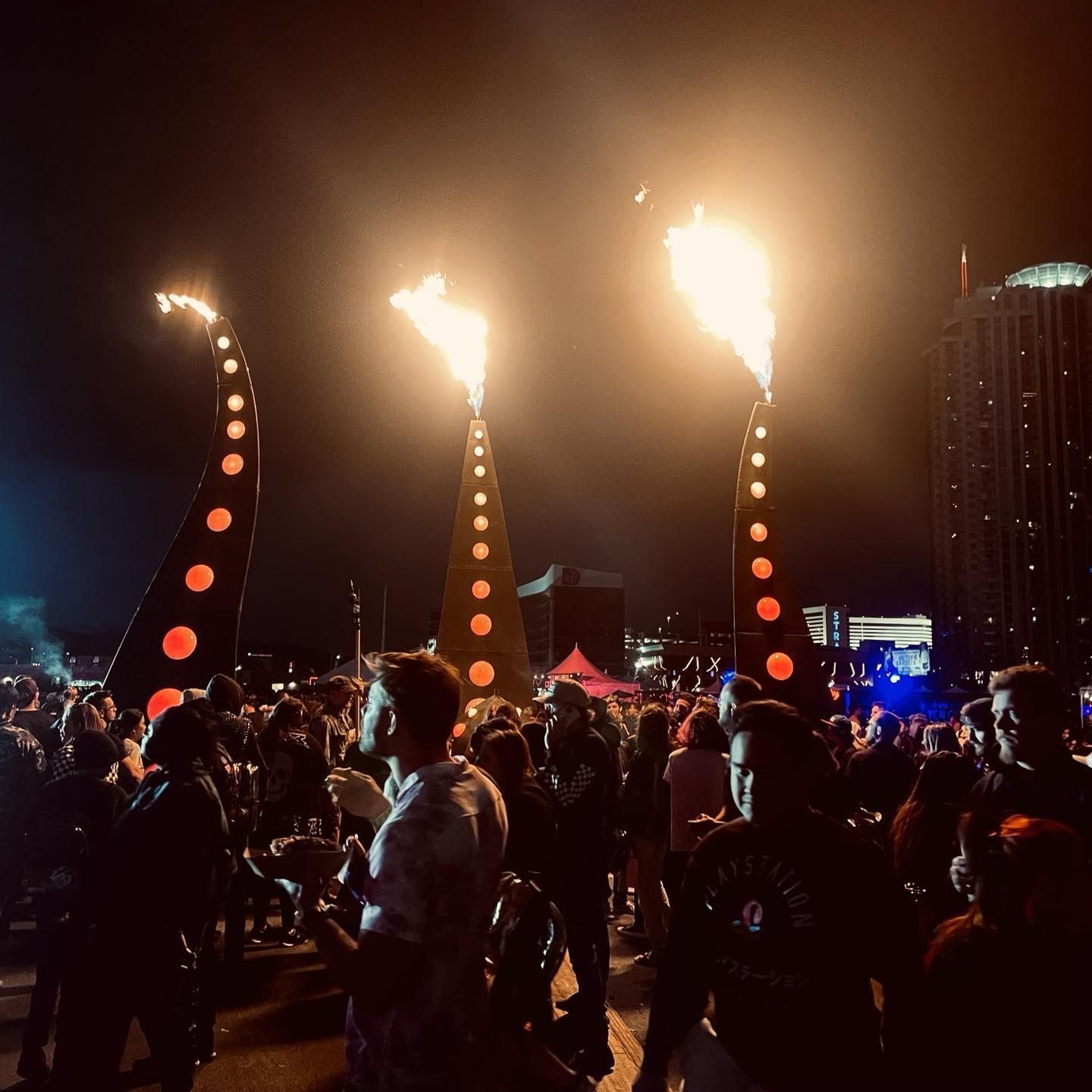From Mellon Foundation, “In the face of redlining and municipal disinvestment, the Sweet Water Foundation (SWF) has worked within its neighborhood—at the nexus of Englewood and Washington Park on Chicago’s South Side—to turn what was once considered by many a no-man’s land into a vibrant model for Regenerative Neighborhood Development. Among its bounties: a community farm spanning a full city block, a hand-raised timber frame pavilion for community events known as the Thought Barn, and the historic Civic Arts Church now returning to its origins as a space for spirituality, creativity, and safety, especially for the Black community.”
“The Commonwealth is a play on words, history, meaning, reason, and intention to unpack the question of value. Fundamentally, we call into question what is ‘common,’ which is compounded with core questions about who or what defines ‘wealth,’ and why and for whom? Where do food, health, education, love, nature, play, and all of the things that are essential to humanity factor in the equation of ‘wealth,’ and how are they valued? Simply put, The Commonwealth reflects a space of “common wealth” that is based upon principles of public trust. The name was selected to articulate what Sweet Water Foundation is building through its practice of Regenerative Neighborhood Development.”
“The work of Sweet Water is not confined to one location. The ‘Humans of Sweet Water’ carry this dream work, thinking, and doing across the country. Others also see and become attracted to what is happening here. This, after all, is the function of powerful art-making and creative activity. It calls out from the hidden, forgotten, truncated depths within hearts, minds, and souls. It awakens those who dare to wonder, to see, and to learn how to seed their own vibrant expressions of life. And those who are called to just stop by—the teachers, planners, architects, preachers, neighbors, or homeless—are all invited to see something different, to grow new stories in old communities and to become ‘solutionaries’ who will dare seed new ideas. Those outside the community are now beginning to surrender their fearful images and see something hopeful. The sacred laborers from within the garden are calling us all into something far larger than Sweet Water. What we are seeing here is just how giving and forgiving the universe really is.”





